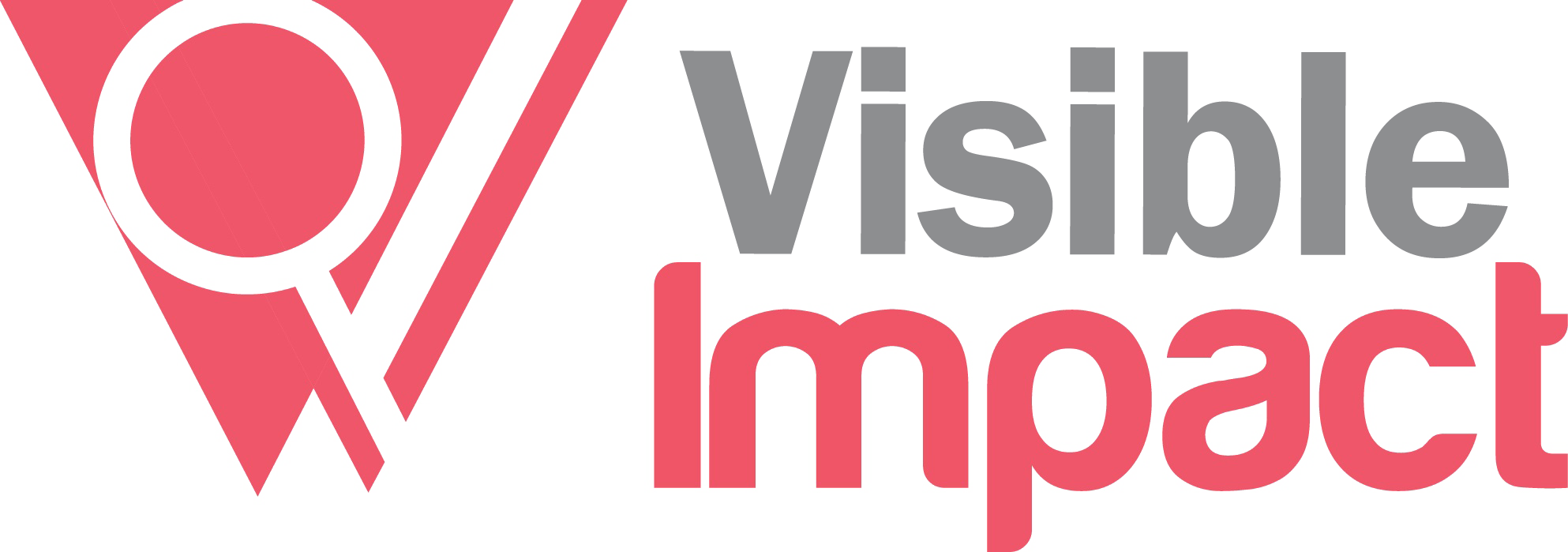"Period Perks and Challenges of a Tharu Girl"
Tharu; indigenous ethnic group of Nepal with their own unique linguistic and cultural heritages are found to be inhabited mostly in the Terai region. Though the way of living is changing by time, most people live together with large groups and joint families are favored. Agriculture is the main occupation. Tharu people have their own unique culture, custom, architecture, food and cuisine, rites, rituals, festivals, and belief systems to their credit. The belief and practice of menstruation is also quite different from other communities. I am also part of this community. Here’s me telling about how these beliefs and practices help and challenges that many girls face.
I come from western Nepal. Tharu people from in eastern Nepal may have a different system in comparison to Tharu people living in western Nepal as culture and beliefs vary according to place. In our community, menstruation is taken normally and not usually stigmatized. Untouchability during the period is not so common. Menstruating girls and women are allowed to do their daily tasks as usual days. They are not tagged as impure and can touch anything, anybody without any judgments. They aren’t restricted in the kitchen and in “Puja Kotha”. Food related misconceptions aren’t followed. Further the culture of eating “ghonghi” (edible snail) and “Gekta” (crab) aids the calcium in diet. They can participate in every family and community functions including marriages and funerals. Girls and women are always allowed to worship God and can participate in every festival (except those who don’t want to participate themselves). They are not separated from other members and can sleep in usual beds. They are not restricted to touch plants and can work. On the contrary, the behavior is normal. This is the bright side of the Tharu community.
Though it’s not stigmatized in my community it’s not often spoken about. Women don’t talk about it openly, even if they have problems, they hesitate to say it. I had my first menarche when I was 11. Like I mentioned before, menstruating days are as normal days, I never saw my sisters, mother being restricted in kitchen and I also never listened talking about menstruation. So, during my 1st period I had no idea about it; why it was happening or what I was to do about it? Not just me but still most of the teenage girls are found to be unknown and unaware of this. As a large population is engaged in agriculture for a living, they have to work in the field daily. Carrying heavy loads and working on a farm can be difficult for women and girls during their period times often resulting in pain and heavy bleeding. The main challenge is in management of menstruation in healthy and safe way. People residing in rural areas don’t have easy access to sanitary pads. Some can't even afford and are limited to using clothes. Due to shame, hesitation, and less knowledge about hygiene, many girls are often found using dirty clothes. After use they dry the clothes in shade or hide it some place. This increases the risks of infection and many other problems related to genitalia. Using same pad for long time also is a risky behavior that is followed. Due to less knowledge about micronutrients and supplementary diets, many women and girls suffer from anemia (sickle cell anemia found in the Tharu community is hereditary). High alcohol consumption freely from small age often worsens the situation. Most of these challenges are common in every girl and women living in Nepal.
The good practices must be continued and the wrong practices should be stopped by everyone. Girls should get information about menstruation so that they could openly talk about it in the society. Schools and teachers could help girls to develop healthy behaviors and food habits. Similarly, mothers group (Aama Samuha) can make mothers aware in their own language so that they can aware their own family and community as well. All the members of the family should create a healthy environment to initiate talk on menstruation freely. Education about proper nutrition and hygiene should be given so that no girl suffers from anemia or other nutritional problems. By providing a safe space for young people to understand about their health and seek help when they require, Adolescent Friendly Services can also help a lot in this issue.
